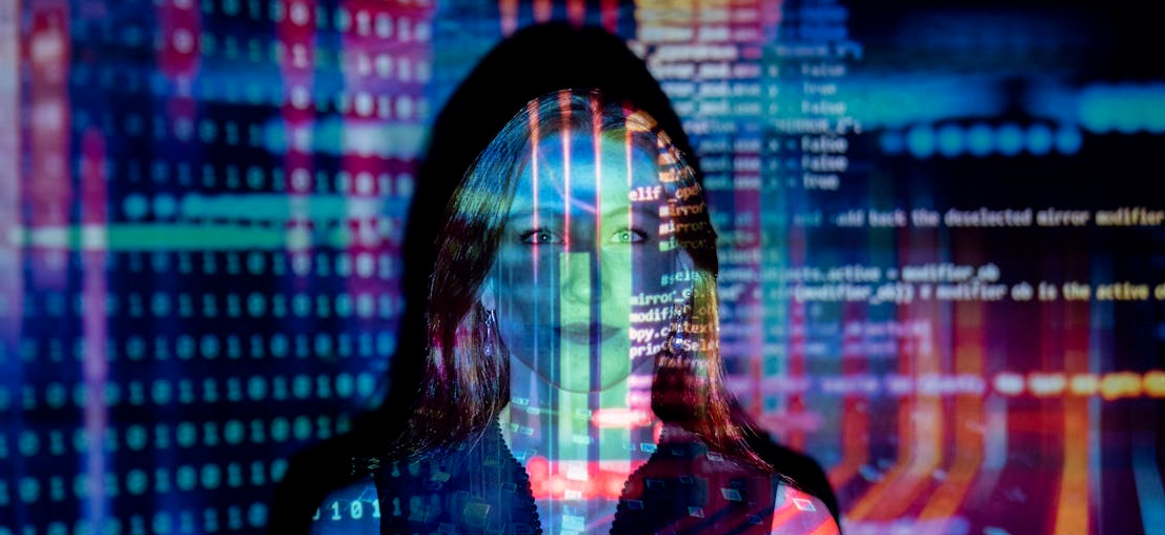CRISES: Reimagining, Redesigning, and Rebuilding the Human-Technology Relationship Workshop 2

Event description
- Free
- Inclusion
- Science
- Sustainability
You are invited to join us for the second of three kick-off events to plan an NSF CRISES research center. Our aim is to envision a center focused on the opportunity to leverage socio-technological transformation to help communities address multiple overlapping and reinforcing forms of social, environmental, and racial inequality, injustice, and crisis.
Methods for Exploring and Comparatively Analyzing the Future of Alternative, Security-Enhancing Techno-Human Configurations
Panelists:
Ed Finn, Director, Center for Science and the Imagination
Ed is the founding director of the Center for Science and the Imagination at Arizona State University, where he is an Associate Professor with joint appointments in the School for the Future of Innovation in Society and the School of Arts, Media and Engineering. He also serves as the academic director of Future Tense and co-director of the Emerge festival. His work explores digital narratives, creative collaboration, and the intersection of the humanities, arts, and sciences. Finn is the author of What Algorithms Want: Imagination in the Age of Computing and co-editor of several collaborative publications.
Lauren Keeler, Director, Just Energy Transition Center
Lauren is a professor in the School for the Future of Innovation in Society at Arizona State University and chairs the undergraduate program in Innovation in Society. She serves as Director of the Just Energy Transition Center and Interim Director of the Center for the Study of Futures at the Julie Ann Wrigley Global Futures Laboratory. Her research focuses on renewable energy, decarbonization, and climate action, prioritizing justice and equity. Keeler works with various stakeholders to advance climate action that aligns with community aspirations and sustainable development.
Malka Older, Executive Director, Global Voices
Malka is the Executive Director of Global Voices, a Faculty Associate in the School for the Future of Innovation in Society, and a Senior Global Futures Scientist at Arizona State University. A renowned author, researcher, and humanitarian consultant, her expertise spans disaster risk reduction, economic development, and humanitarian aid. Older brings visionary leadership to Global Voices, where she focuses on democracy, cross-cultural connection, and ethical information. She is the author of the Infomocracy series and The Mimicking of Known Successes.
Key Question: How can we collaboratively imagine alternative futures that weave technology into the social, economic, and cultural fabrics of our societies in new and alternate ways — and comparatively evaluate their pros and cons?
This workshop will explore redesigning future socio-technological systems (STS) to address human insecurity, inequality, and crisis. Building on the Biden administration’s Justice40 initiative, we will tackle the key research question: How can we collaboratively imagine and explore alternative, plausible futures that weave technology into the social, economic, and cultural fabrics of our societies in new ways—and comparatively evaluate their pros and cons? Participants will examine the capabilities and limitations of diverse anticipatory and futures studies methods and theories, such as scenario planning and narrative storytelling, for opening up and assessing plausible techno-human futures through inclusive community, stakeholder, and expert engagement. We will identify key research gaps, opportunities for future research, and potential future research projects that would significantly move the needle on knowledge in this area. The ultimate goal is to develop and strengthen capabilities and create networks that can help societies make visible and tangible the possibility of change toward futures that ultimate reduce social, racial, and environmental injustice through socio-technological reconfiguration.
Event contact
Wednesday, October 30, 2024
Noon to 2:00 p.m.